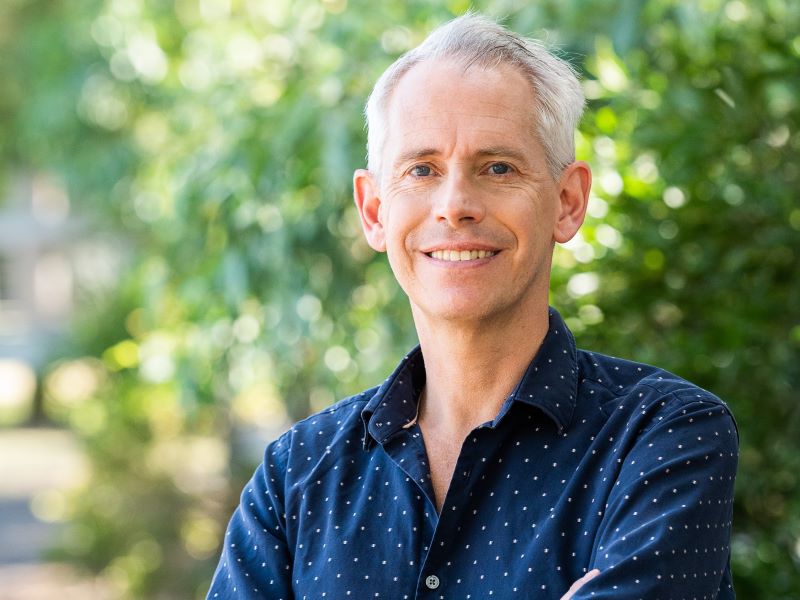Industry, government and education leaders came to a shared conclusion at the Future Skills Organisation’s National Forum: Australia’s skills system needs both a structural overhaul and a new narrative that values life-long learning.
With AI prompting new urgency, the conference on Wednesday heard the need for new urgency to transform educational models, including public perceptions around TAFE, and make them relevant and accessible across all life stages.
Yet the forum also exposed a tension between aspiration and reality, with Skills and Training minister Andrew Giles pledging to ensure “no Australian is left behind as a result of the digital divide” and stronger connections between education and jobs.

CEDA chief executive Melinda Cilento offered a blunt counterpoint, however: “We leave people behind every single day. We need to find a way to put people at the centre of the system.”
Her call to “put people at the centre of the system” underscored the forum’s broader consensus: meeting Australia’s skills needs will require not just new policies, but a cultural reset in how the country values, funds and delivers education.
Speakers agreed that perceptions of the VET system are holding back reform efforts, with AdaptabilityQ founder Jan Owen highlighting that most media coverage over the last five years has been negative.
Victorian Skills Authority chief executive Craig Robertson, meanwhile, pointed to structural issues, including a lack of national coordination and qualifications that are slow to adapt to new technologies.
Department of Employment and Workplace Relations secretary Natalie James stressed that industry-facing Jobs and Skills Councils are already piloting AI and cybersecurity training, but that “we’re in the early stages”.
There was also strong consensus that Australia’s education system must deliver skills in ways that reflect how people live and work today. FSO chair Yasmin Allen called for a “quicker, broader rollout of training in critical digital and soft skills”.
Ms Cilento argued that vocational education is “far more relevant to this world” and should embrace modular, stackable learning across school, VET, higher education and work. She likened the approach to “gamifying education”.
Ray Fleming, founder of Stratentia, said the shift from the age of IQ to the age of “human AI” means technical knowledge must be paired with empathy.
“You need really good empathy to get the best out of agentic AI,” he said on Wednesday, warning that Australia sits near the bottom globally for AI skills, trust and expected benefits.
Adding momentum to the forum’s AI skills push, the Future Skills Organisation announced a 12-month Skills Accelerator-AI pilot with Microsoft aimed at reaching more than 30,000 VET educators and administrators.
The program will co-design AI training aligned to national standards, share resources, and create peer-learning networks at scale.
“This partnership with Microsoft… is about turning ambition into action: building a workforce that is ready for the future, today,” FSO chief executive Patrick Kidd said.
Mr Giles welcomed the initiative, saying “Australia’s future prosperity depends on our ability to equip our workforce with the skills they need for a rapidly changing world”.
“The FSO Skills Accelerator-AI is a great example of how industry and the training sector can come together to meet that challenge and develop practical, scalable training,” he said.
Do you know more? Contact James Riley via Email.
